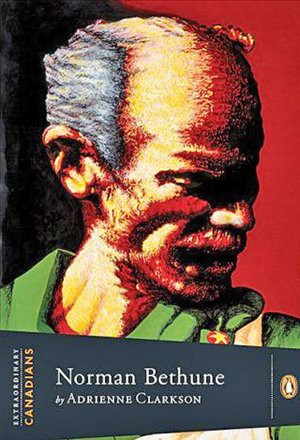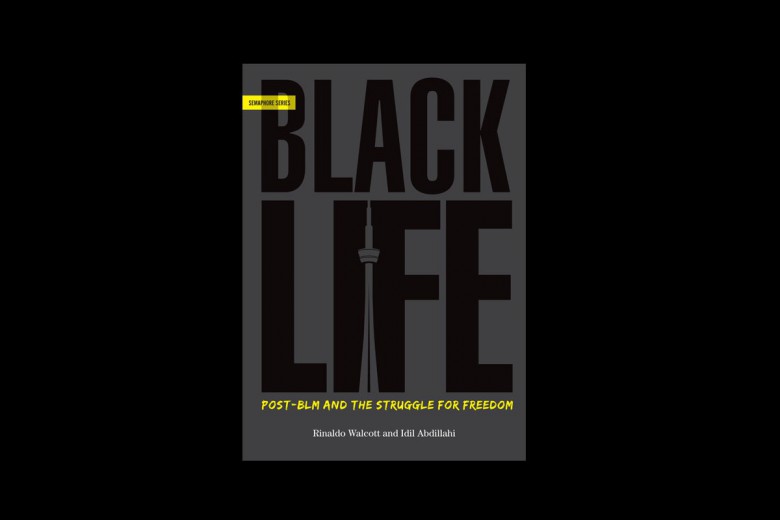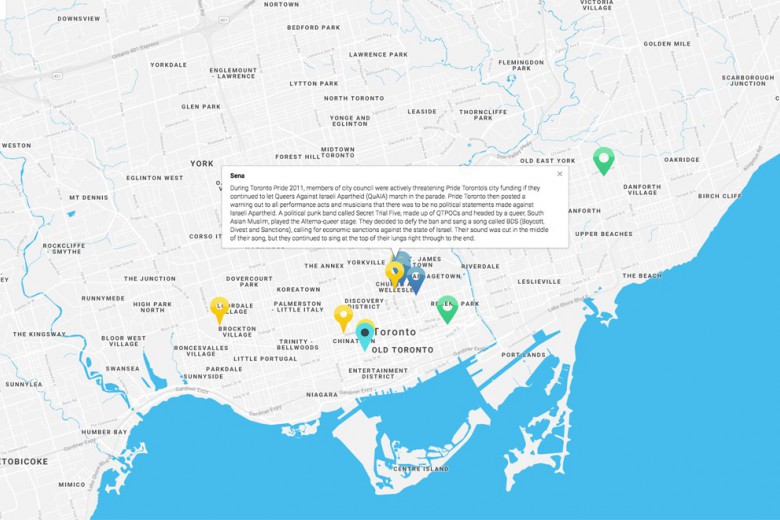
Norman Bethune
(Extraordinary Canadians series)
By Adrienne Clarkson
Penguin, 2009
Was Dr. Norman Bethune truly an extraordinary Canadian? In a new biography of the medical pioneer who died in China in 1939 while serving Mao’s forces, Adrienne Clarkson takes the view that Bethune was profoundly Canadian in his world view, and that his work indeed had an extraordinary impact on the world.
In Norman Bethune, a recent addition to the Penguin Extraordinary Canadians series, Clarkson writes extensively of Bethune’s early life in Northern Ontario hinterland communities, where he worked in lumber camps while teaching his co-workers as a Frontier College Labourer/Teacher. She also deals at some length with the influence of his Presbyterian upbringing on his future life and work. The Presbyterian emphasis on service to others led some to missionary work in foreign lands, others to settlement work in slums and Bethune to his own unique ways of putting faith into action. Growing up in the rugged, beautiful Canadian Shield landscape, leading an outdoor life with plenty of freedom and fresh air, Bethune found modern urban civilization jarring. The transition to the University of Toronto, where he studied medicine, and then to the thick of World War I, where he served as a stretcher bearer, was not easy for him.
Postwar, furthering his medical studies in Edinburgh, Bethune entered a disastrous marriage and had the kind of rip-roaring good time in Europe that reminds one of the Lost Generation in Paris, trying to come to terms with the carnage of the “war to end all wars.”
In 1924 he practiced medicine in Detroit but caught tuberculosis while serving at a free clinic for the poor. Hospitalized at a sanatorium in Saranac Lake, New York, he took an active interest in his treatment, pursuing art as therapy and developing new thoracic surgical instruments.
Later, recovered, he left a prestigious position at Montreal’s Royal Victoria Hospital to head the surgical team at Sacré-Coeur, a French-speaking hospital where he was welcomed and valued. During the Montreal years, he ran a free clinic and founded a children’s art school with artist Marion Dale Scott, whom Clarkson considers to have been the “unique love of his life.” But he had goals and plans and Marion was married, the mother of a young son and had her art to pursue, so they regretfully broke things off.
Bethune was frustrated by the effects of Depression-era poverty on public health and the official apathy that greeted a public medicare plan which he and his associates put forward in the Quebec provincial election of 1936. Meanwhile, the world political scene was deteriorating, with the latest flashpoint being Spain, where the liberal/leftist elected government faced a fascist revolt supported by Hitler and Mussolini. Bethune’s response to these developments was to join the Communist Party and go to Spain to serve the government Loyalist side.
In Spain, Bethune originated a mobile blood transfusion service, taking blood supplies in vans to the front lines to provide on-the-spot transfusions for the wounded men, many of whom would otherwise have died of loss of blood before reaching a hospital. Unfortunately, his stresses led to an emotional breakdown, and he returned to Canada where he embarked on a speaking tour for the Loyalist cause that took him all over North America.
In 1938 Bethune volunteered to work as a field doctor with Mao’s Red Army in China in its resistance to the Japanese invasion. He wrote to friends that he was happier in this work than he had ever been in his life. He trained peasants as paramedics and treated the wounded under extremely harsh conditions. When he accidentally nicked his finger and the cut became infected, there were no resources to fight infection and he died at 49. Clarkson’s research took her to China and to hitherto-neglected sources such as a book by Jean Ewen, the Canadian nurse who accompanied Bethune to China. In reading Bethune I felt that Clarkson probably had enough material for a much longer book but was constrained by the limitations of the “Extraordinary Canadians” series. Like the Penguin “Lives” series, the Extraordinary Canadians biographies are intended to be short and reader-friendly.
Chairman Mao and Bethune met once, and after Bethune’s death, Mao singled him out as an example of selflessness and internationalist spirit in his essay, “In Memory of Norman Bethune.” Consequently, over a billion Chinese continue to this day to see Bethune as a hero. While his heroism is undeniable, he was also a fallible, sometimes egocentric human being, as Clarkson shows, and one whose urge to serve others stemmed from his Canadian roots. Few Canadians, however, ever voluntarily endure such hardship or give their own lives to save others in the face of great odds. Those who do are extraordinary and deserve honour in their own country.




